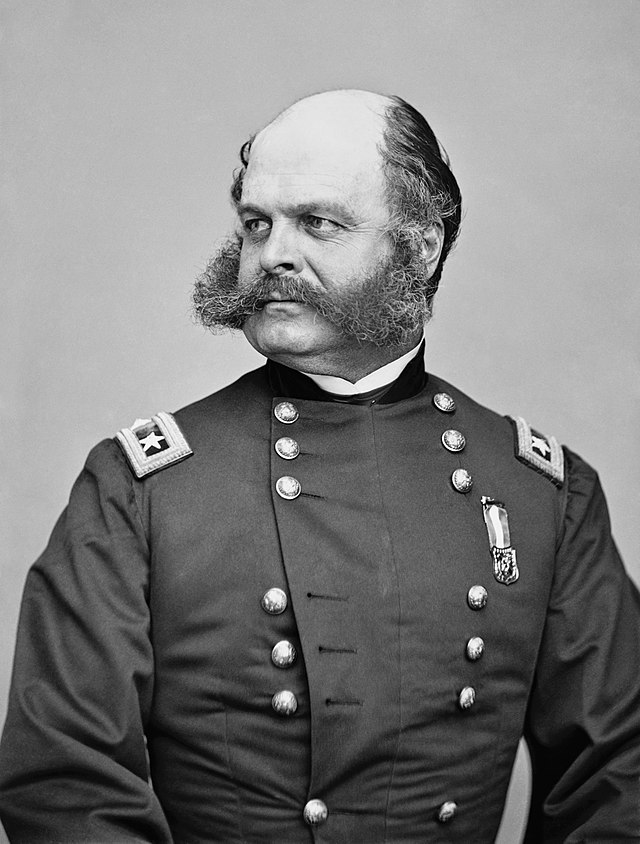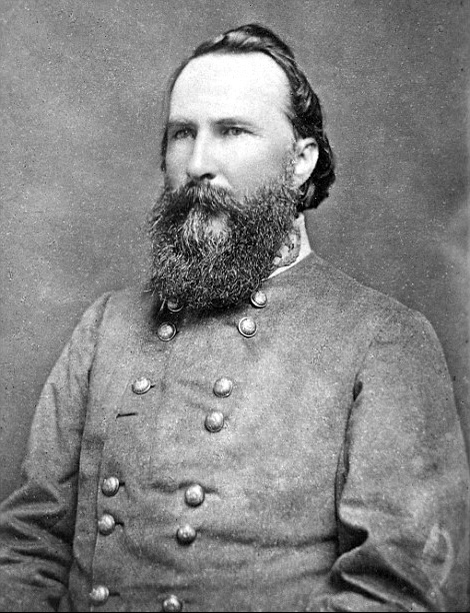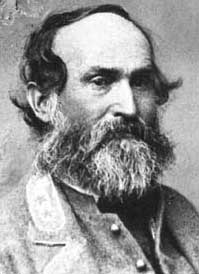Something very puzzling happened back in the 1830s. But, I get ahead of myself...
This train of thought got started a few days ago with the announcement of Attorney General Eric Holder's impending resignation. A wise guy, I forget precisely who, lamented the fact that President Obama's Cabinet was now a mustache-free zone. Which brought up the question, how long had it been since we had a President with facial hair?
The answer was kind of surprising. Our last mustachioed President was William Howard Taft. Yes, the Oval Office has been whisker-free for over a century. But before him? An almost unbroken reign, from 1861 to 1913, of bewhiskered Chief Executives. From Lincoln to Taft, excepting only Johnson and McKinley, for fifty-two years our Presidents had beards, mustaches, or both. But only in that era. Before Lincoln, there were none. Likewise, after Taft, there have been none.
The question is ... why?
I read somewhere that the Founding Fathers consciously emulated the Roman Republic in a lot of things, facial hair being one of them. Romans, at least in that period, were famously clean-shaven. But, so were just about all of the European upper-class of the late 18th Century. Even the Russians, whose nobles were famous beard fans ... at least, up until Peter the Great instituted a tax on them.
Along about 1830 or so, that's when things started changing.
I haven't been able to find a source that will tell me exactly why. Near as I can tell, all over the European-controlled world, all at once, men decided that growing beards was the manly thing to do. It became an expression of strength, virility, courage, what have you. And there was an impressive variety to be had.
Grant and Lee wore beards, of course. They were fairly ordinary, and their owners kept them well-trimmed. Other men, they let it hang out. Like Ambrose Burnside, for example.
Seriously, he could take off with a decent headwind.
Or James Longstreet.
A small squirrel could find refuge.
Or Jubal Early.
Combs? For the weak and the cowardly.
Or Joshua Lawrence Chamberlain.
Are you calling me a coward?
And let us not forget John Brown.
He was right. But he was more than a little crazy.
By 1860, it was pretty uncommon to find men in public life who went whisker-less. Joe Hooker was one of the few Union generals who came to mind. And as the Civil War generation grew old, the younger generation emulated them. The generation after that, not so much. Men still wore beards, of course, but they were on their way out as of 1914. The Great War finished the job.
That part, I understand. With the advent of chlorine, phosgene, and mustard gas on the battlefield, whiskers weren't just unfashionable. They were a deadly hazard, because they prevent your gas mask from making a proper seal. Clean-shaven once again became the thing, for fashion and for safety.
Recently, beards have been making a comeback, at least amongst civilians. They're still a no-go under military regulations ... pretty much for the same reasons as a hundred years ago.
But I do wonder. How much longer, before we see some whiskers in the White House again?
It ain't a bad look...







No comments:
Post a Comment